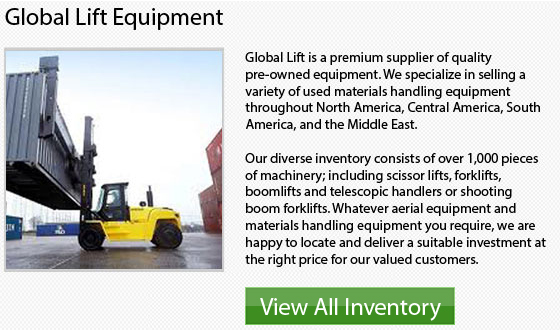
According to the lift truck regulations, an employer is not required to repeat previous training of a new operator. To be able to deal with certain workplace risks and particular workplace machinery, training needs to be supplemented. For example, an operator doesn't need to be trained to be able to maneuver a lift truck on a ramp if that place of work does not contain a ramp; nevertheless, if the operator is actually assigned to work someplace that has a ramp, it is essential that extra training should be provided.
Trainees can operate a motorized industrial truck only when they are under the direct supervision of individuals who have the experience, knowledge and training to train operators and assess their skill using the equipment. The trainees can only learn in a setting where such operation does not put in danger the trainee themselves or other workers.
Making a practical assessment in the workplace is also necessary. If a third party training provider is chosen, it is wise to have the training occur at the workplace, using lift trucks at the workplace to be as precise as possible.
When an operator has successfully passed training with records maintained by the employer, they are said to be qualified. The certification must include the training date, the operator name, and the name of the individual performing the evaluation and training and finally the evaluation date. Though certain state OSHA bodies need the issue of an operator's certificate, the Federal OSHA does not need it.
Every three years, refresher training is essential. It can also become mandatory to those operators who have demonstrated some kind of inadequacy in safe lift truck operation. Like for instance, refresher training will be triggered by certain occurrences including: if there is an accident or a near miss, if a different kind of lift truck is introduced to the workplace, if a supervisor observes operating unsafely and if an operator received a poor 3 year evaluation.
It has to be noted that refresher training is not always the solution when unsafe operation is noticed. Like for example, if an operator is willfully disobeying workplace safety regulations, it could be required to implement disciplinary action. And lastly, though training lift truck operators is a requirement, it is necessary to practice lift truck awareness training for pedestrians and other staff working near forklifts so as to make certain that everybody stays safe.